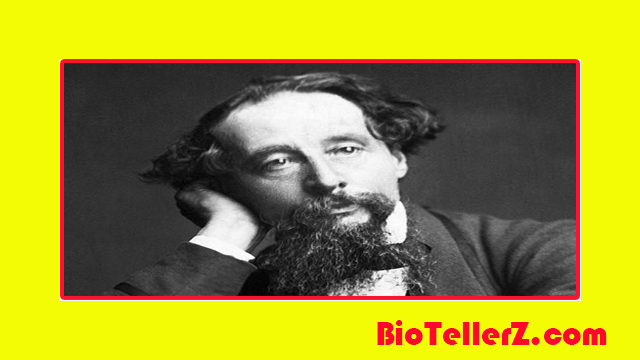
Young Age
Johnson was well-known for his extraordinary intelligence, as well as his pride and laziness, from a young age. In 1717, he enrolled at Lichfield Grammar School. The headmaster of the school, John Hunter, was a cunning but cruel person who “never taught a boy in his life he whipped and they learned.”. “. Even decades later, when he saw a photo of the poet Anna Seward and her grandfather Hunter, the young boy, who had been so terrified by this regime as a child, shook. He made friends at school who remained close to him throughout his life: Edmund Hector, who would go on to become a surgeon, and John Taylor, who would go on to become a prebendary of Westminster and a justice of the peace for Ashbourne.
In 1726, Johnson traveled to Stourbridge, Worcestershire, to see his affluent cousin Reverend Cornelius Ford. Ford is thought to be one of the men shown reveling in William Hogarth’s A Midnight Modern Conversation [1733], but Johnson was more attracted to Ford’s sociability and scholarship than his frivolity. Ford may have served as a model for Johnson.
Early Works
The Gentleman’s Magazine, frequently regarded as the first modern magazine, and Johnson established a long-lasting relationship in 1738. He soon contributed prose and poetry, including odes to the magazine’s publisher Edward Cave and another author, the educated Elizabeth Carter. Johnson intended to translate Paolo Sarpi of Venice’s The History of the Council of Trent, but a different Johnson who was concurrently working on the same project prevented him from doing so. However, The Gentleman’s Magazine published his biography of Sarpi as well as a number of his earlier biographies of British admirals, European scholars, and medical experts. He had written that biography as the introduction to another work.
He published a number of satirical works in 1738 and 1739, criticizing Sir Robert Walpole’s government and even the Hanoverian monarchy, including A Compleat Vindication of the Licensers of His first important poem was London, followed by The Stage and Marmor Norfolciense.. An “imitation” of that piece can be found in Juvenal’s third satire, London. Imitation (a loose translation) updates a previous poet’s themes and stylistic elements for use in the present. Before leaving the dishonest metropolis for Wales, Thales laments the pervasive decline of London (and English) life, which is exemplified by vices like masquerades, atheism, the excise tax, andthe ease with which foreign countries can transgress “English honor.”.
SLOW RISES WORTH, BY POVERTY DEPRESSED, the poem’s most famous line and the only one written in capital letters, may be interpreted as Johnson’s motto at this point. When the poem first appeared in 1738 under an assumed name, Pope was led to believe the author would be “déterré” (unearthed). Pope, who also tried in vain to win Johnson’s favor by securing patronage, undoubtedly admired Johnson’s politics and poetry. Marmor Norfolciense makes fun of Walpole and the Hanover family.
A Complete Vindication of the Licensers of the Stage ironically defends the government’s Stage Licensing Act of 1737, which prohibited performances of Henry Brooke’s play Gustavus Vasa. Because it used a Swedish analogy to criticize the English king and his prime minister and demanded the lord chamberlain’s approval for all new plays, it was performed in 1739. Irish author Jonathan Swift’s literary influence is seen in the last two pieces.
Related Posts
Donald Trump – Best Guide in 2023
